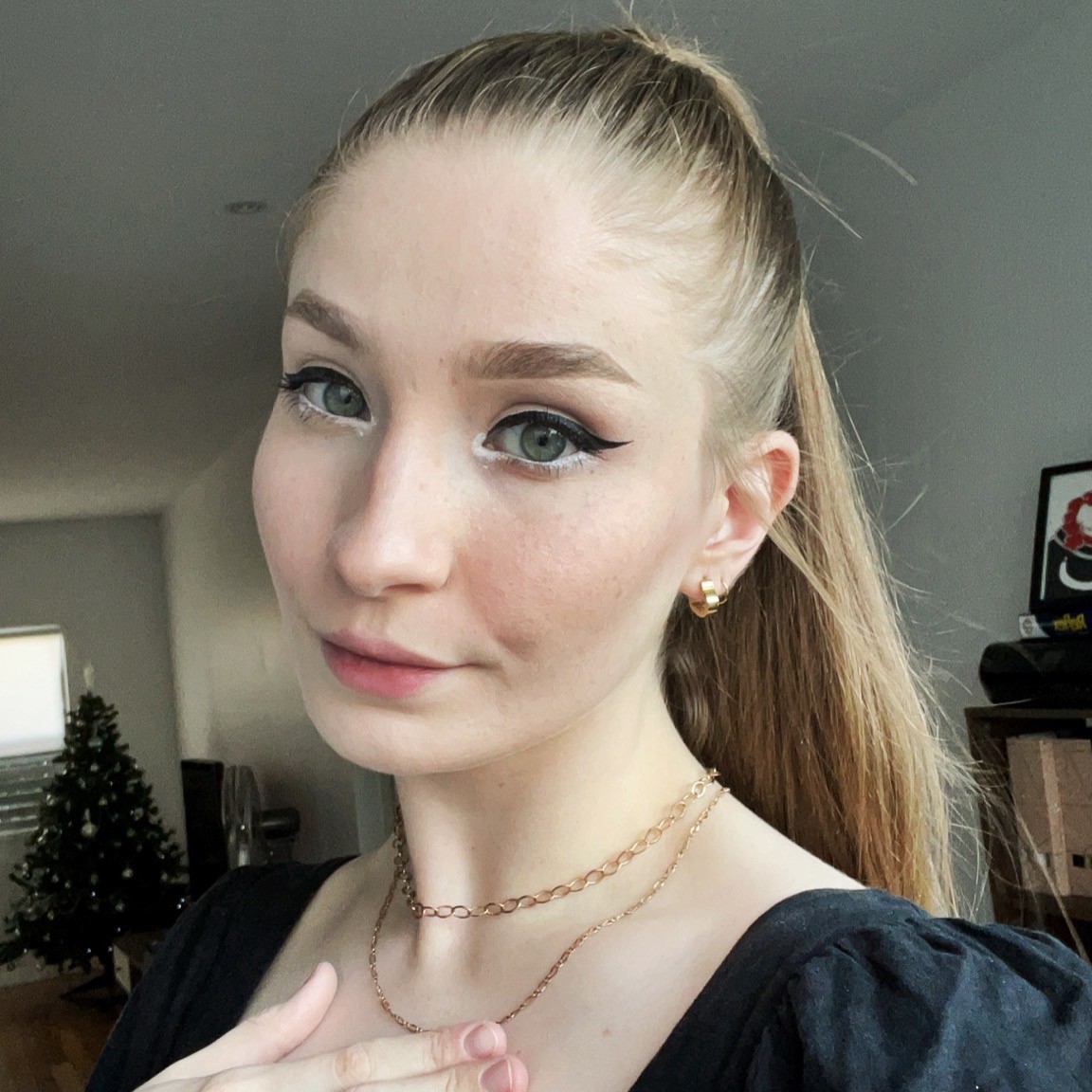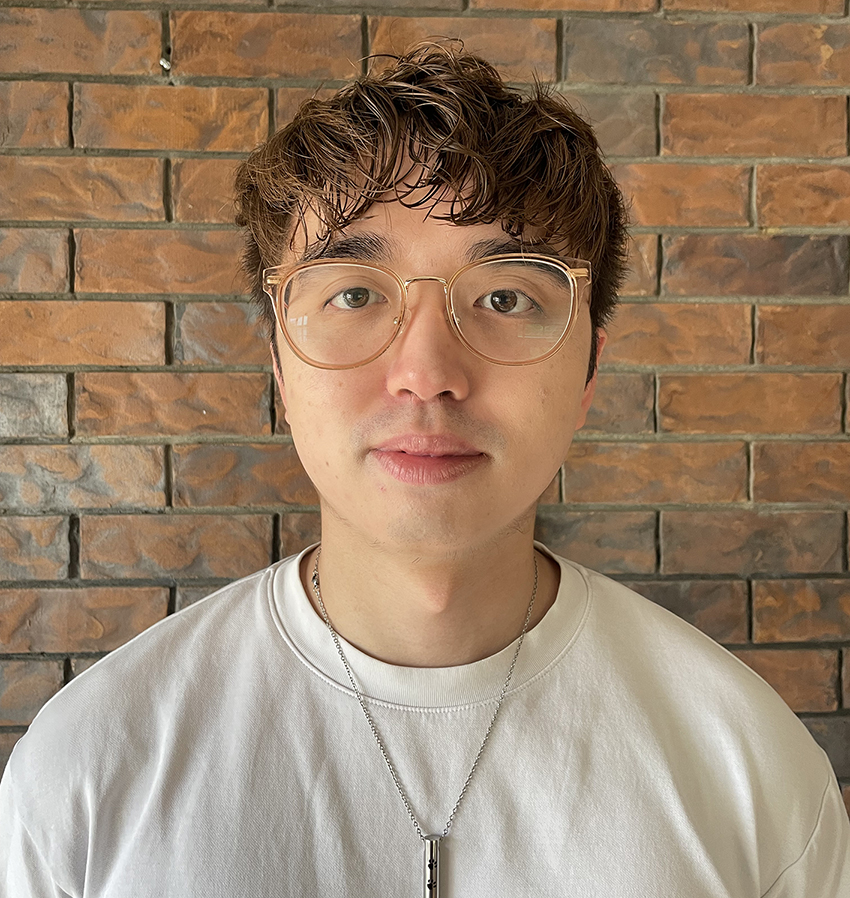Scholar Testimonials
 Dana Durre
Dana Durre
I was motivated to apply for the Winter Research Program out of an interest in pursuing post-graduate studies. The program seemed like the perfect way to dip my toes into research and potentially discover what it is I’d like to specialise in. Having only done research for undergraduate essays prior to this experience, I was surprised at how many gaps exist in current data and knowledge. This discovery made me excited to learn more and carve out my own path in the world of academia.
Over the past 2 weeks I worked under Kayoko Hashimoto with my fellow research partner Yu-Wei Tsai on a project called Empowering Asian language speakers to become language teachers in Australian schools. We were tasked with investigating the current status of data reporting on Asian language education in each state/territory in Australia, and what role curriculum and policy play in the provision of language education.
The Winter Research Program was especially relevant to me after having just completed the course JAPN3205: Teaching Japanese Language. This course exposed me to the many challenges facing language education in Australia, and how political language education is both inside and outside of the classroom. As someone deeply interested in social justice and philosophy, it was interesting to see how these areas intersected with the project, and how I was able to apply preexisting knowledge to the issues at hand. In the future I would like to pursue an academic career, so this experience was helpful in guiding me towards research areas that I am passionate about.
Through my participation in the program, I developed research skills that allowed me to find information much more efficiently and precisely than I was able to before. Even comparing my first week of the program with the second, I quickly learnt how to locate data I previously thought didn’t exist just by using particular keywords and examining how certain sources cross over and relate. These skills will be especially useful as I approach the end of my undergraduate degree and explore my post-graduate options.
Research is a lot like a conversation: some topics lead to dead ends, others, surprising conclusions, and a lot of uncharted territory. Going into the program I thought there would be an answer to everything if I looked hard enough. I quickly learnt that this is certainly not the case, and my supervisor helped me adopt a relaxed, free-flowing approach to academic inquiry. As a perfectionist, this made me feel well-supported and allowed me to approach the project from a place of curiosity, rather than from one of uncertainty and pressure.
The Winter Research Program was an amazing experience for me, and I am so grateful to have had the opportunity to participate in it. I’d highly recommend it all students, not just those interested in research. The program helped me broaden my world view, opening the doors to communities and issues I had previously never considered. In the age of social media, we are constantly fed content, creators and topics which align with our own experiences and values through the algorithm. During the program I learnt so much about not only others but about myself, and I think any opportunity that enables us to question our own reality is invaluable.
Keep an open mind! Going into the program I had a very specific idea about what it would be like, which almost inhibited me from applying. You’d be surprised at how flexible the program is (depending on your discipline of course) and the diverse range of tasks you might do. Research isn’t as serious as I thought it would be, and I always felt valued and taken care of. You never know unless you try!
 Yu Wei
Yu Wei
My motivation to apply for the Winter Research program was the project topic my supervisor, Kayoko Hashimoto is researching on, Empowering Asian language speakers to become language teachers in Australian schools. With an Asian language background, myself, and a plan to study a Master of Teaching commencing in 2024, I felt that I would gain valuable knowledge and experience in the teaching field and understand more about Australian schools and the education system. The program surpassed my expectation within days of starting as I gained valuable experience in collaborating, extensive researching and networking.
During my research project, my research partner, Dana Durre and I were tasked with finding and collating data regarding how six Asian languages (Chinese, Indonesian, Japanese, Korean, Hindi and Vietnamese) are taught in the Australian education system. For example, we collated data such as:
- factual data on every state about how Japanese, Chinese, Korean, Hindi, Vietnamese and Indonesian are taught in each state, particularly:
- Number of students learning each language (Primary and Secondary)
- Number of schools offering each language and type of school (Private/ Public schools)
- Ethnicity of the educators in the Australian education system
- The Australian curriculum and every state’s respective curriculum/syllabus
- Existing communities in areas that do and do not teach certain languages.
Once we were finished with collating data, I was given the opportunity to write a no guideline essay on anything I found interesting regarding the data we collated on the Australian education system. Both the data collating and essay writing perfectly paralleled my interests and career aspirations as analysing, identifying strengths and weaknesses in the curriculum are capstones in the Master of Teaching program I plan to study for my future aspiration.
I gained countless valuable skills and knowledges from the program. However, the most important skill I gained is the ability to concisely summarise and draw key information from anything you read. As a researcher, you read through an endless number of journals, reports, articles, essays and other literatures that is extremely time consuming. One report I went through turned out to be over a hundred pages long and took me a considerable amount of time to summarise and draw key information. However, by the end of the program, I was able to concisely summarise, draw key information and reference twice as fast than when I started, and I plan to apply these in my Master of Teaching program.
The support and guidance from my supervisor was very reassuring. Clear expectations and deadlines were set on day one, which at first seemed daunting. However, any time I ran into roadblock, my supervisor helped guide me back on the right path straight away. Even in cases where data was impossible to find, my supervisor was very accepting that I had tried all means possible and that the data just did not exist. As a result, I could not have asked for a better supervisor.
The most eye-opening way that the Winter research program has impacted my personal and intellectual growth is the importance and use of factual data. In an era where technology is prevalent, social media and other platforms warp our thoughts and images on everything, creating misconceptions and assumptions on many things that we do not realise. However, this program has highlighted to me, the importance of viewing and arguing everything based on actual factual data. I would recommend it to every language and cultures student.
I would recommend the Winter Research program to other students interested in pursuing research opportunities and even to students that are on the fence about it. As the Winter Research program is only a four-week program, it is a great experience for anyone to get a feel of the lifestyle and thinking process of full-time researchers. If I were to say anything to encourage them, I would say to just give it a try! I personally had not thought about pursuing research prior to applying for the program but after the program, I can definitely say that it is now a potential career pathway I would like to pursue.
